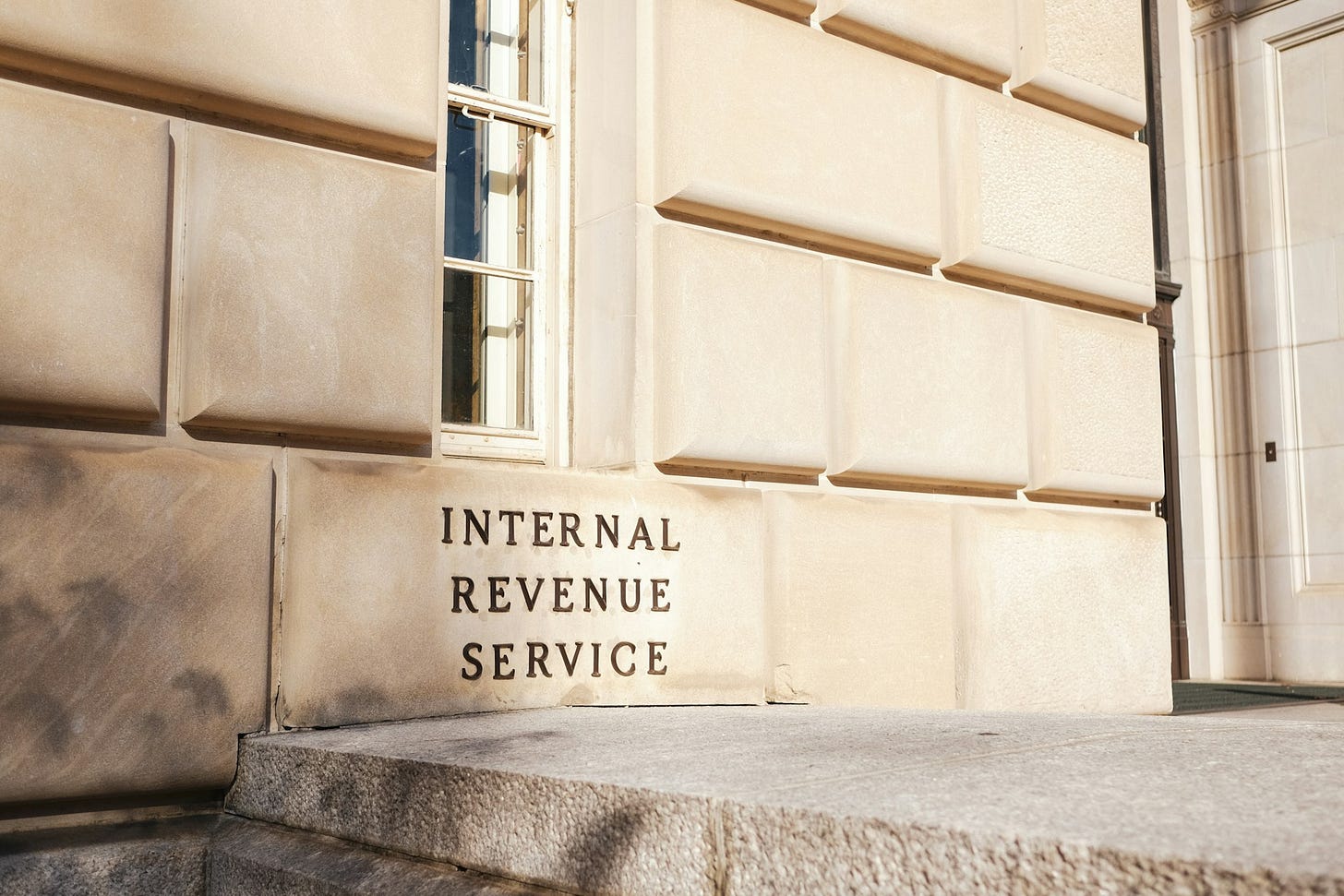Political Campaigning from the Pulpit
A New IRS Policy on Houses of Worship and Political Endorsements
Last week, the Internal Revenue Service (IRS) agreed that churches and other houses of worship would now be able to endorse political candidates under certain circumstances. This statement, which came in a court filing, signals a change in the IRS’s official policy toward houses of worship, the latter of which have for decades been prohibited from making political endorsements as a condition of their tax-exempt status. The United States Conference of Catholic Bishops (USCCB), however, stated soon after the new policy became public that, regardless of IRS policy, the Catholic Church in the United States and Catholic parishes throughout the country would continue to refrain from endorsing political candidates. This was a wise decision on the part of the Catholic bishops, since the new IRS policy is an imprudent decision that muddies the waters regarding campaign finance and that ultimately will hurt religion.
Although this new policy certainly permits a greater entanglement of religion and politics, it does not really pose as much of a threat to the First Amendment as one might think at first glance. The First Amendment protects the free exercise of religion, including the freedom to draw on one’s religious beliefs in the political realm, and prevents the establishment of religion, which has traditionally been interpreted to mean showing undue favoritism toward a particular religion or religious body in government policy. The new IRS policy does not show favoritism toward any particular religious group, and in fact it came about as part of a settlement in a case in which two churches in Texas and an association of Christian broadcasters had sued the IRS, arguing that the prior policy prohibiting political endorsements, referred to as the Johnson Amendment, was a violation of the First Amendment’s protection of the free exercise of religion.
The Johnson Amendment was added to the US tax code in 1954 as a prudential effort to define the status of nonprofit organizations and to regulate campaign finance. The amendment states that all nonprofits, whether they are religious, charitable, or educational, all of which are given the designation 501(c)(3), are prohibited from endorsing political campaigns or candidates if they are to maintain their tax-exempt status. These organizations are made tax exempt to help them thrive and to promote civic life in the United States. Interestingly, the plaintiffs who sued the IRS had argued that all such nonprofits should be permitted to endorse candidates, and the new IRS policy limiting this accommodation to houses of worship represents a compromise.
Importantly, some nonprofit organizations, 501(c)(4) organizations, are already allowed to engage in political campaigning. Sometimes referred to as social welfare organizations, these are organizations devoted to a particular cause; they are permitted to engage in campaigning and to endorse candidates, although these activities cannot make up the majority of the organization’s work. 501(c)(4) organizations are also tax-exempt, although their spending on campaign activities is taxable. Another crucial difference between 501(c)(3) and 501(c)(4) organizations is that contributions to the latter are not tax deductible. Finally, the tax code also allows for what are called 527 organizations, or political action committees (PACs), which are allowed to engage in political campaigning, although in theory they are not permitted to explicitly endorse a particular candidate. Although these organizations are tax exempt, contributions to political action committees are not tax deductible, and unlike other nonprofits, political action committees must disclose their donors.
The new IRS policy blurs the distinctions between these different types of organizations. For example, some warn that the policy allows donors to give to churches involved in election campaigning, but unlike a donation to a PAC, their donation will be tax deductible and anonymous. The limitations placed on the new policy may blunt the impact of this problem, but the position originally advocated by the plaintiffs in the lawsuit would have created serious problems for campaign finance regulation.

Another problem with the IRS’s new guidelines is they seem to have been crafted with the two plaintiff churches (Sand Springs Church and First Baptist Church Waskom) in mind, but there are certain ambiguities in the policy that will create problems if and when they are applied to other religious bodies. Here is how the settlement defines to whom and under what circumstances the new policy will apply:
When a house of worship in good faith speaks to its congregation, through its customary channels of communication on matters of faith in connection with religious services, concerning electoral politics viewed through the lens of religious faith, it neither “participate[s]” nor “intervene[s]” in a “political campaign,” within the ordinary meaning of those words.
Keep reading with a 7-day free trial
Subscribe to Window Light to keep reading this post and get 7 days of free access to the full post archives.




